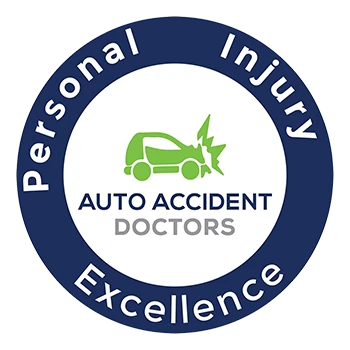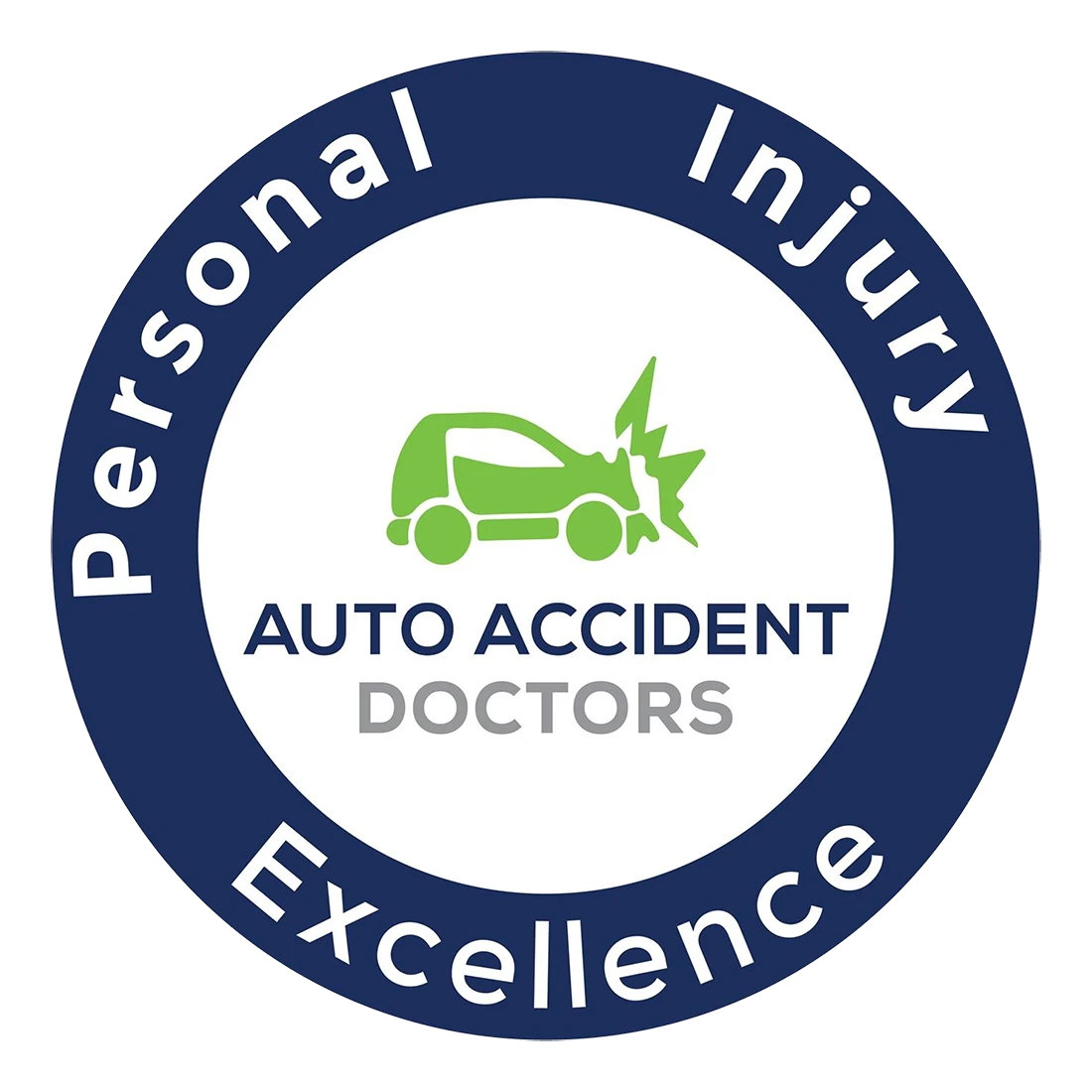

Many Locations
To Serve You
For more information, click the location nearest you!
(844) 849-6945
Impairment Ratings & Care Accidents in Maryland

Injury impairment in car accidents in Maryland refers to the physical or mental disability that occurs as a result of the accident. For legal viability, such inability must be a result of the negligence of the opposite party. The accident survivor, making an insurance claim or filing a lawsuit, must have suffered (or continues to suffer) such disability.
An accident survivor is qualified to claim compensation for damages. But he/ she has to produce an impairment rating as evidence for the extent of injury suffered. An impairment rating is crucial in cases where there is a disagreement regarding the injuries borne by the claimant. This rating can influence the compensation the claimant is entitled to, after a car accident.
What Qualifies as Impairment in Car Accident Cases?
An impairment after a car accident is a condition in which the survivor experiences a loss, or reduction, of function of a body part. Legally, an impairment should result in a body part not functioning as it was, before the accident.
An impairment can be mental too. If an accident impacts the mental health of a survivor, then the injury can be categorized as impairment.
Impairment can be temporary, permanent or partial.
Temporary Impairment
A temporary impairment is an injury that keeps the survivor disabled for a short time. While these injuries may be debilitating, you can completely recover from them.
Some examples of temporary impairment include:
- Strained muscles
- Whiplash injuries that are not severe
- Bone fractures
Temporary impairment though not serious may prevent you from going to work. Treatment may demand rest and being away from work. In such cases, temporary impairment can attract lost wages as part of settlement.
An impairment rating determines whether or not a survivor is eligible for disability benefits from Social Security. Temporary impairment is unlikely to qualify a survivor for such benefits. Depending on your region, your lawyer can seek workers’ compensation for this impairment. In some states, even minor injuries qualify for lost wages compensation.
Partial Impairment
Partial impairment results from injuries that may not impact your personal and professional lives extensively, but make 100% recovery impossible.
For example, an accident injury that limits your ability to lift weights. You may not be able to lift heavy weights in the future. This inability can affect your professional life heavily especially if duties involve lifting weights, such as an inventory mover.
The extent of impact of a partial impairment is greater than that of a temporary impairment. You may be required to stay away from work, lose wages, and also face limited career advancement.
Given the impact, a partial impairment may make you eligible for lost wages and workers’ compensation. You may also claim Social Security disability benefits in some cases.
If you suffered fractures, back problems, anxiety, depression, or other impairment for 12 months or more, then you may seek benefits. A medical examiner from the SSA – Social Security Administration – may qualify you for benefits for specific partial impairments.
Permanent Impairment
Severe brain trauma, spinal cord injuries, paralysis and amputation are some common cases of permanent impairment. The severity of permanent impairment may vary, but the impact is lifelong.
For example, losing a finger is a permanent impairment though not severe. Paralysis, on the contrary, is serious. The impact of both cases is permanent though.
A permanent impairment makes you eligible for settlements that meet your lifelong requirements.
These requirements include continuous medical care and loss of income.
Permanent impairment gains significance because of the permanent impact that survivors usually carry with them. These include:
- Pain management and rehabilitation for years into the future apart from current treatment
- Need for at-home recovery, which necessitates a professional caretaker such as a home nurse
- Loss of income due to an inability to perform work as before the accident. Loss of a career
- Inability to enjoy life the way you used to, before the accident, due to physical or mental inabilities from the accident
- Inability to pursue social relationships due to an inability to participate socially. Inability to connect romantically
- following an inability to connect physically.
A parameter that makes a strong case for Social Security Benefits is that the impairment has put you away from work for 12 months or more. You may, as a survivor, be eligible for workers’ compensation as well as Social Security Disability Benefits.
How Are Impairment Ratings Evaluated?
After an accident, the survivor is assigned an impairment rating by the treating doctor or an independent medical examiner. The examiner evaluates impairment rating based on guidelines by the AMA or the American Medical Association.
An impairment rating gives an estimate of the extent of normal functioning lost by the body after the accident. This estimate is expressed in percentage.
For example, an impairment rating may be assigned as: 5% of complete body impairment for a ruptured disc. An injury that necessitates back surgery may have an impairment rating as: 10% of complete body impairment.
In case of serious injuries such as a spinal cord injury, an impairment rating may look like: 25% of complete body impairment.
The purpose of an impairment rating is to indicate the type of loss you have suffered as a result of the accident. This rating serves as an indicator for the type of compensation that you, as a survivor, must receive.
The treating, or examining, doctor conducts a comprehensive review of your condition, to assign an impairment rating. He/ she must specify the functional impact of accident injuries and the disabilities you may have to suffer. The doctor must also explain the longevity of the condition.
A comprehensive patient review after an accident should give information about the following:
- Evaluation of the patient’s physical abilities
- Unbiased report on pain and disabilities the patient has to undergo
- Treatment recovery time and the patient’s sincere involvement in recovery
Why Impairment Ratings Are Important?
Impairment ratings serve as a lawful and unbiased tool in worker compensation and personal injury lawsuits. These ratings provide crucial insights into a claimant’s physical and mental health condition. The jury obtains inputs on claimant’s injuries and suffering, and the lifelong impact of the injuries. With relevant information, jurors can make the best decision.
In addition, impairment ratings offer credible information during accident settlements. A legal expert can use these ratings to show your real condition and seek compensation commensurate with your loss.
In Conclusion
Impairment ratings serve to provide an unbiased insight into a survivor’s health condition after a car accident. These ratings help claimants derive their rightful compensation in case of lawsuits.
Impairment ratings are determined by a qualified doctor. The patient may be reassessed by an insurance company doctor for credibility. Legal assistance from lawyers specializing in auto accidents can help you make rightful use of impairment ratings.
References
In Conclusion
A whiplash injury is common after a car accident. Immediate medical attention can prevent worsening of injury damage. Following doctor’s instructions strictly can help you manage pain and recover faster. You can lower the chances of severe whiplash with modern cars designed for safety as well as convenience.
Seeking legal action is as important as seeking medical attention for accident injuries. With the best legal guidance, you can claim compensation for physical injuries and mental trauma you had to undergo as a result of the accident.
References
Johns Hopkins Medicine
Mayo Clinic
Penny & Associates Injury Lawyers
The Healthy Back Institute
Accident Claims Advice
Beeman Heifner Benge.P.A.
CDC